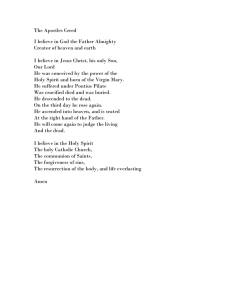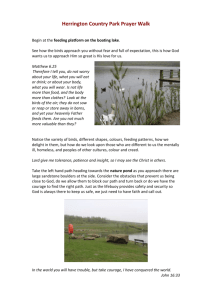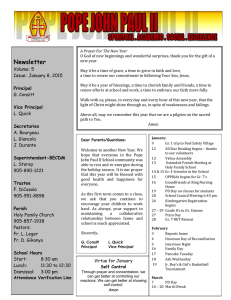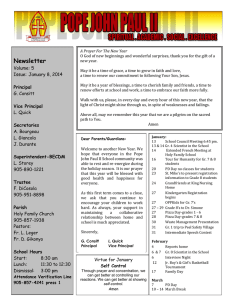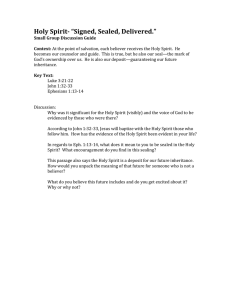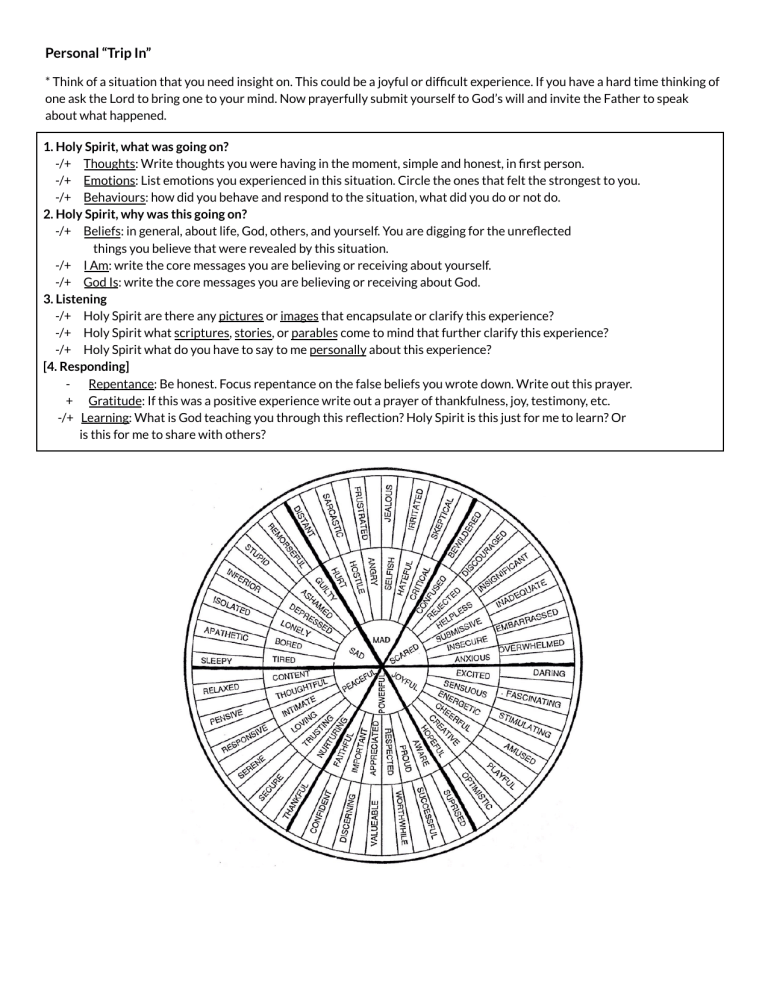
Personal “Trip In” * Think of a situation that you need insight on. This could be a joyful or difficult experience. If you have a hard time thinking of one ask the Lord to bring one to your mind. Now prayerfully submit yourself to God’s will and invite the Father to speak about what happened. 1. Holy Spirit, what was going on? -/+ Thoughts: Write thoughts you were having in the moment, simple and honest, in first person. -/+ Emotions: List emotions you experienced in this situation. Circle the ones that felt the strongest to you. -/+ Behaviours: how did you behave and respond to the situation, what did you do or not do. 2. Holy Spirit, why was this going on? -/+ Beliefs: in general, about life, God, others, and yourself. You are digging for the unreflected things you believe that were revealed by this situation. -/+ I Am: write the core messages you are believing or receiving about yourself. -/+ God Is: write the core messages you are believing or receiving about God. 3. Listening -/+ Holy Spirit are there any pictures or images that encapsulate or clarify this experience? -/+ Holy Spirit what scriptures, stories, or parables come to mind that further clarify this experience? -/+ Holy Spirit what do you have to say to me personally about this experience? [4. Responding] - Repentance: Be honest. Focus repentance on the false beliefs you wrote down. Write out this prayer. + Gratitude: If this was a positive experience write out a prayer of thankfulness, joy, testimony, etc. -/+ Learning: What is God teaching you through this reflection? Holy Spirit is this just for me to learn? Or is this for me to share with others? Group Discernment * This process of hearing God with friends assumes individuals are spiritually healthy and mature 1. PREPARATION: - The facilitator clarifies the question(s) you are asking (might need others’ help to do this). - Gather those who need to be part of the decision. - Share the narrative around this decision and remind everyone of community values. 2. SURRENDER (Prayers): - Prayer for indifference. Prayer of Indifference. Prayer for wisdom. Prayer of trusting God and others. 3. SHARE (Listen to others): - This is the phase of “showing your cards,” first to yourself and then maybe to others in the group. Listen to each other. Listen to pertinent information. Notice and hear what is being said without judging or evaluating. Consider pausing between people sharing. - Try to clarify and synthesize what is and has been shared. 4. SILENCE (Listen to God): - What does God have to say about all this? As specific questions and wait on him for a sense of Consolation and Desolation. - This step undermines brainstorming, striving, and fixing of problems based on human effort and desire. It will hopefully allow for further self-awareness and give space for the Holy Spirit to clarify. 5. ABANDON: - Share what was felt and discerned from God; this could be a sense of consolation/desolation, a word, a Scripture. The facilitator’s role is to ensure everyone shares or has the opportunity to. Together try to articulate clearly the “sense of the group.” If you do not arrive at a way forward you don’t move. Maybe you need to seek more wisdom elsewhere through learning or the counsel of others? Also, the agreement could be unequivocal or partial, but ensure that people felt heard and have genuinely chosen to submit. Often, the loving thing may be to defer to those who are going to carry out the decision. - Clarify action steps for carrying out what the group has discerned. You could invite everyone to “try on” the decision by pretending it has been made, then check back in after a period of time has passed. Take the risk and Trust God. Remember the measuring rubric is obedience, but remain teachable and open if the decision needs to be revisited/revised in the future. Other Notes:

